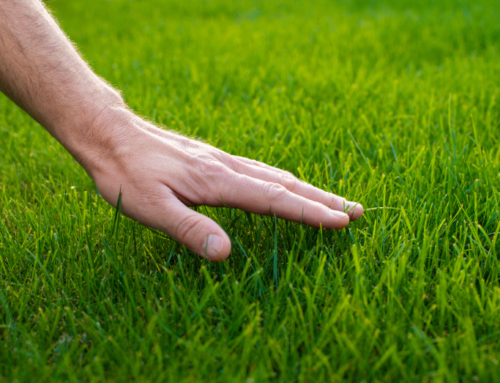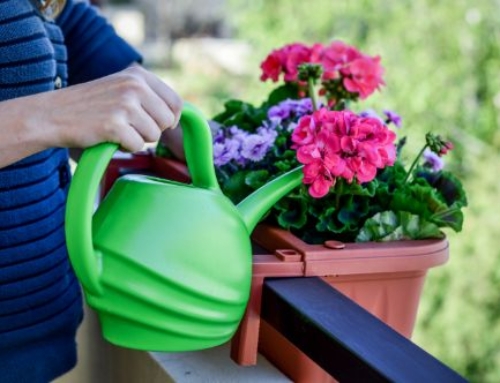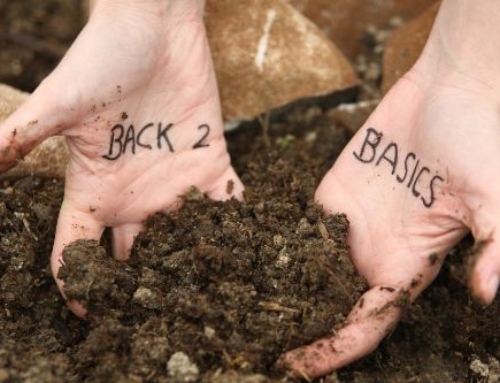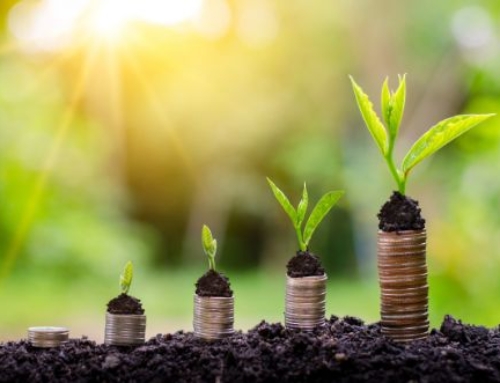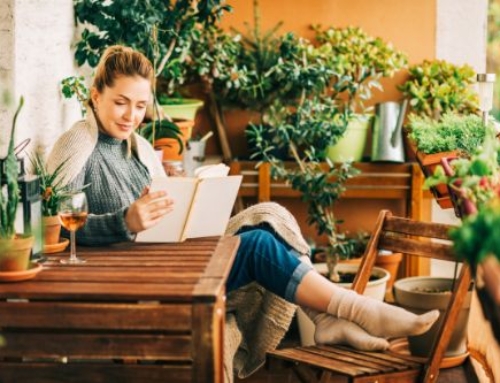Gardening can be a little intimidating especially for those who have never successfully kept a house plant alive. There are quite a few factors that go into creating a thriving garden. Here are a few things to consider.

Pick the Right Location
The location of your garden is one of the first indicators of whether or not it will be successful. An article written for miraclegro.com states, “Starting a garden is just like real estate it’s all about location. Place your garden in a part of your yard where you’ll see it regularly (out of sight, out of mind definitely applies to gardening). That way, you’ll be much more likely to spend time in it.” Additionally, make sure it’s placed in a location where it will receive ample sun. This will require you to study the way the sun plays across your yard. Most vegetables, for example, need about six hours of sunlight per day in order to successfully grow. Picking the right location is key.
Study your Plants
There are certain plants that grow better in a specific climate. There are also some plants that simply wont thrive in a small space. The above mentioned article also states, “It’s important to select plants that match your growing conditions. This means putting sun-loving plants into a sunny spot, choosing heat-tolerant plants in warm climates, and giving ground-gobbling vines like pumpkins and melons ample elbow room (or a trellis to climb). Do your homework and pick varieties that will grow well where you live and in the space you have.” Researching this before you start can help ensure you have a well thought out garden that is sure to thrive.
Soil Selection
Making an appropriate soil selection is vital to sustaining plant life. You’re going to want to find or create a mixture of nutrient dense soil that can also provide the right amount of drainage for your plants. Not all natural soil is going to benefit your plant babies. If you have the room, consider building or buying a raised planter bed that you can fill with the ideal kind of soil. It tends to be easier to grow plants when you set them up for success from the beginning.

Frost Dates
Another factor to consider before putting your plants in the ground is your region’s frost dates. Miraclegro.com also states, “Planting too early (or late) in the season can spell disaster for your garden. You need to know the last average spring frost date for your area so you don’t accidentally kill plants by putting them out prematurely. It’s also good to know your first average fall frost date so that you get your plants harvested or moved indoors before late-season cold damages them.”
There are many factors that go into growing a garden. When you know what to look for in terms of the best time to start, location, soil, and appropriate plants, you can’t go wrong.

